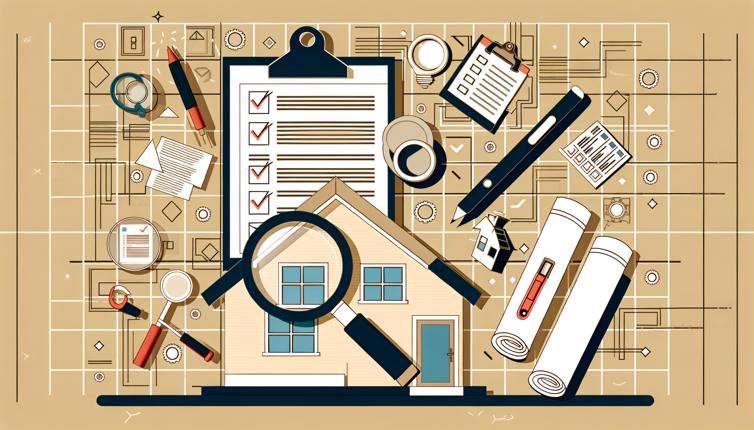1. Improve Your Credit Score
One of the key factors that lenders consider when determining your mortgage rate is your credit score. It's important to check your credit report and address any issues that may be negatively impacting your score.,To improve your credit score, make sure to pay your bills on time, keep your credit card balances low, and avoid applying for new credit shortly before applying for a mortgage.
2. Shop Around for Lenders
Not all lenders offer the same mortgage rates, so it's important to shop around and compare offers from multiple lenders. You can start by checking with your current bank or credit union, as well as online lenders and mortgage brokers.,By comparing offers from different lenders, you can ensure that you're getting the best possible rate for your situation.
3. Consider a Shorter Loan Term
While a 30-year fixed-rate mortgage is the most common option, it may not always offer the best rate. In some cases, opting for a shorter loan term, such as a 15-year or 20-year mortgage, can result in a lower interest rate.,While a shorter loan term will mean higher monthly payments, it can save you thousands of dollars in interest over the life of the loan.
Conclusion
Securing the best mortgage rate requires careful planning and research. By improving your credit score, shopping around for lenders, and considering a shorter loan term, you can increase your chances of getting the best rate possible. Remember to carefully review all the terms and conditions before committing to a mortgage to ensure that it aligns with your financial goals.









